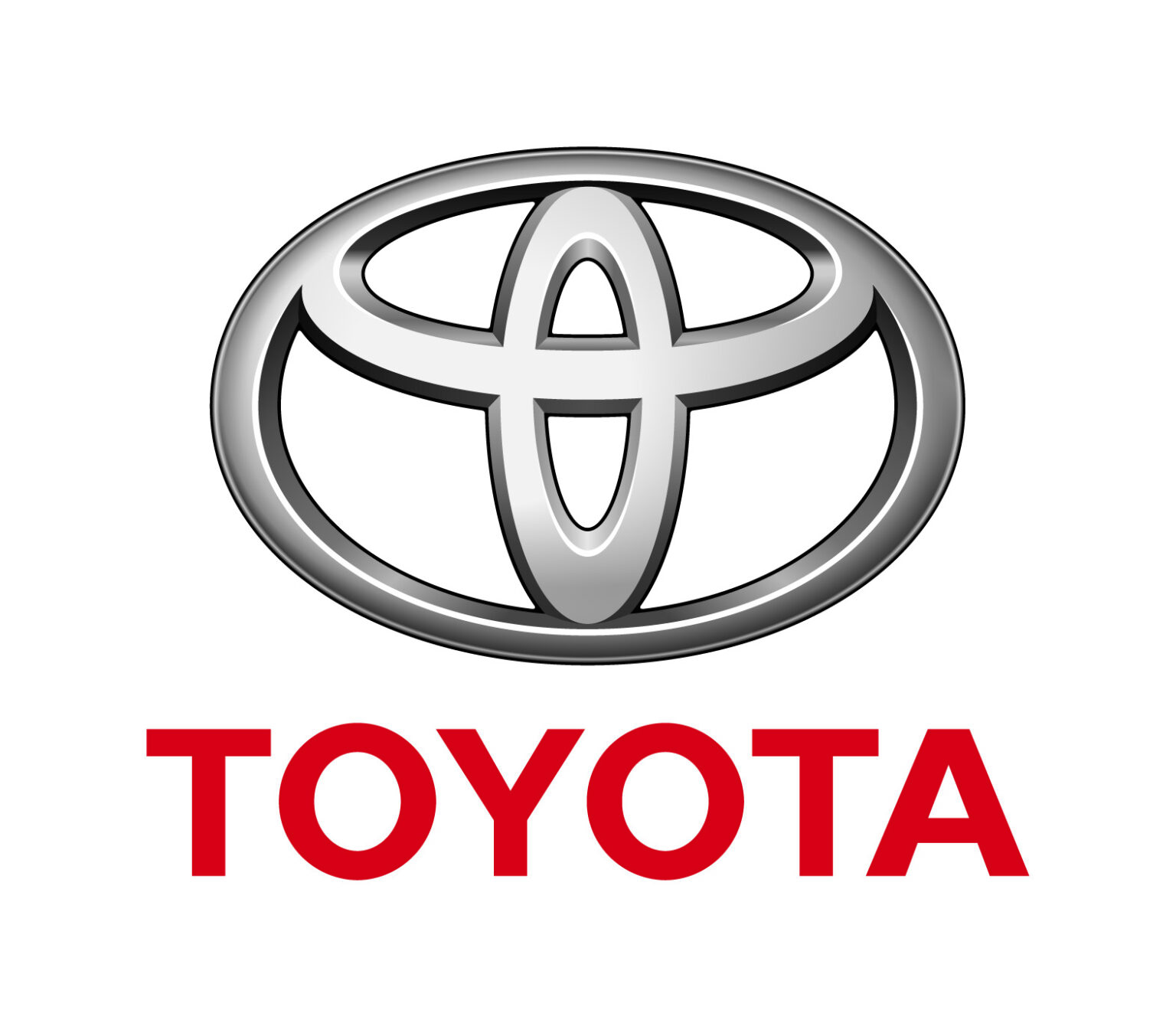In Short : Toyota unveils two new electric vehicle (EV) concepts as part of its ongoing journey towards electrification, showcasing the company’s commitment to advancing in the electric mobility sector.
In Detail : Toyota, the world’s largest automaker and a laggard in vehicle electrification, announced two new EVs today that offer a glimpse of what the company’s future battery-powered lineup will look like when it actually gets around to building it.
Yep, that’s right: more concepts from the company that environmentalists accuse of stymying the transition to an all-electric future through its government lobbying.
The two concepts announced were the Urban SUV and Sport Crossover, which Toyota insists will be formally introduced as real cars within the next two years. The EVs are slated for Europe, though, with no word on whether they will eventually be made available in North America.
The compact Urban SUV is “a close-to-production design for a model that next year will enter what’s expected to become one of Europe’s largest BEV market segments,” the company said. Toyota modeled it on the Yaris Cross, which is one of the automaker’s top sellers in Europe.
The Sport Crossover, meanwhile, is a high-riding fastback sedan that’s meant to serve as an alternative to the compact SUV. Toyota said a production version of the model will come out in Europe in 2025.
A total of six EVs are slated for Europe by 2026. The Toyota bZ4X is already on sale there, and a compact SUV concept was revealed last year. The company plans on revealing two additional EVs in the months to come to round out the lineup.
Despite its plans on paper, Toyota is trailing many of its rivals in EV models. The company said it would release 30 electric vehicles and sell 3.5 million battery EVs by 2030. Toyota also plans on transforming the luxury brand Lexus into an EV-only marque by 2035.
Despite these big promises, the company has stymied EV adoption efforts, opposing the US’s efforts to slash air pollutants and greenhouse gas emissions, and pushing for policies that prioritized hybrids over battery-electric vehicles.
Toyota was an early pioneer in electrification, helping pave the way for companies like Tesla and others by proving that vehicles with alternative powertrains could be immensely popular. But the company has since fallen far behind its competitors.
The recent debate over EV demand in the US — is it rising? falling? flatlining? — has given Toyota an opportunity to boast about its strategy. “People are finally seeing reality,” Toyota chairman and former CEO Akio Toyoda told reporters at the Japan Mobility Show recently, according to The Wall Street Journal. “There are many ways to climb the mountain that is achieving carbon neutrality.”

